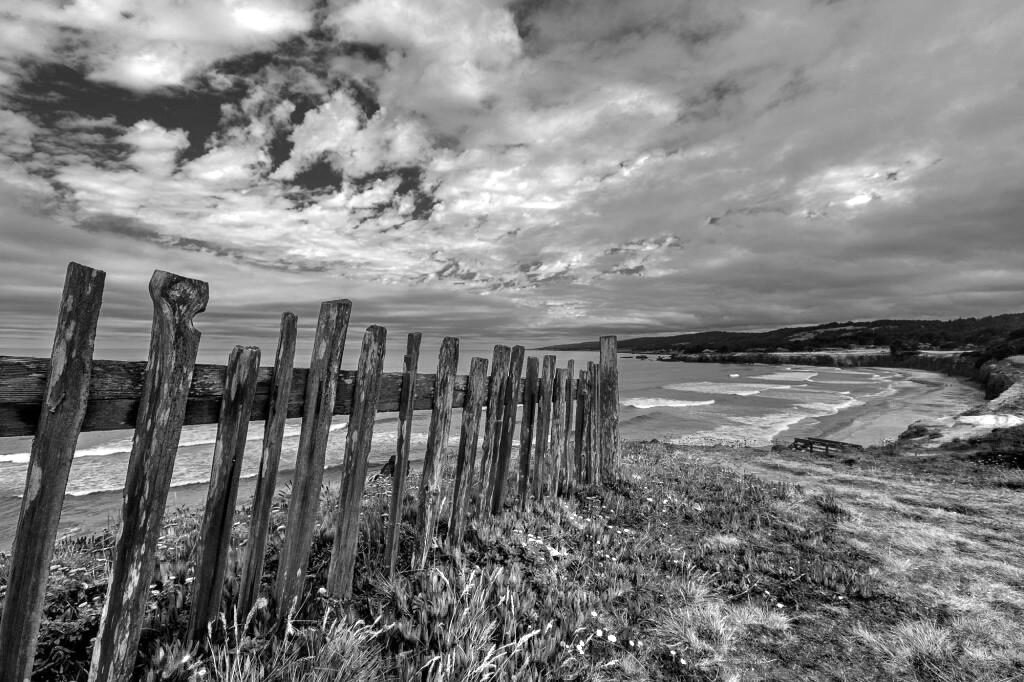
Thalassa
“I need the sea because it teaches me.”
Pablo Neruda, The Sea
Who or what is Thalassa?
In Greek mythology, Thalassa is both the primordial goddess and literal body of the sea. Aesop describes her outward manifestation as a woman formed of sea-water rising from her native element. Thalassa is depicted in Greco-Roman mosaics as a matronly woman, half-submerged in the sea, with crab-claw horns, seaweed for clothes, and a ship's oar in her hand.
A 5th century CE mosaic representing the sea-goddess Thalassa in the Hatay Archaeologic Museum
Thalassa in Literature
"Thalassa! Thalassa!” was a shout of joy when 10,000 Greek soldiers, after suffering a humiliating loss on the battlefield and struggling to cross an inhospitable desert on foot, finally spotted the Black Sea from Mount Theches. The story is told by Xenophon in his Anabasis.
The phrase also appears in James Joyce's 1922 novel Ulysses. In Book 1, Buck Mulligan, looking out over Dublin Bay, says to Stephen Dedalus, "God! ... Isn't the sea what Algy calls it: a great sweet mother? The snotgreen sea. The scrotumtightening sea. Epi oinopa ponton. Ah, Dedalus, the Greeks! I must teach you. You must read them in the original. Thalassa! Thalassa! She is our great sweet mother. Come and look." In Book 18, Molly Bloom echoes the phrase in the closing moments of her monologue: "and O that awful deepdown torrent O and the sea the sea crimson sometimes like fire.”
Elephant Rock, Point Reyes
The Idea of Order at Key West
by Wallace Stevens
She sang beyond the genius of the sea.
The water never formed to mind or voice,
Like a body wholly body, fluttering
Its empty sleeves; and yet its mimic motion
Made constant cry, caused constantly a cry,
That was not ours although we understood,
Inhuman, of the veritable ocean.
The sea was not a mask. No more was she.
The song and water were not medleyed sound
Even if what she sang was what she heard,
Since what she sang was uttered word by word.
It may be that in all her phrases stirred
The grinding water and the gasping wind;
But it was she and not the sea we heard.
For she was the maker of the song she sang.
The ever-hooded, tragic-gestured sea
Was merely a place by which she walked to sing.
Whose spirit is this? we said, because we knew
It was the spirit that we sought and knew
That we should ask this often as she sang.
If it was only the dark voice of the sea
That rose, or even colored by many waves;
If it was only the outer voice of sky
And cloud, of the sunken coral water-walled,
However clear, it would have been deep air,
The heaving speech of air, a summer sound
Repeated in a summer without end
And sound alone. But it was more than that,
More even than her voice, and ours, among
The meaningless plungings of water and the wind,
Theatrical distances, bronze shadows heaped
On high horizons, mountainous atmospheres
Of sky and sea.
It was her voice that made
The sky acutest at its vanishing.
She measured to the hour its solitude.
She was the single artificer of the world
In which she sang. And when she sang, the sea,
Whatever self it had, became the self
That was her song, for she was the maker. Then we,
As we beheld her striding there alone,
Knew that there never was a world for her
Except the one she sang and, singing, made.
Ramon Fernandez, tell me, if you know,
Why, when the singing ended and we turned
Toward the town, tell why the glassy lights,
The lights in the fishing boats at anchor there,
As the night descended, tilting in the air,
Mastered the night and portioned out the sea,
Fixing emblazoned zones and fiery poles,
Arranging, deepening, enchanting night.
Oh! Blessed rage for order, pale Ramon,
The maker’s rage to order words of the sea,
Words of the fragrant portals, dimly-starred,
And of ourselves and of our origins,
In ghostlier demarcations, keener sounds.
Wallace Stevens, “The Idea of Order at Key West” from Collected Poems. © 1923, 1951, 1954 by Wallace Stevens.



